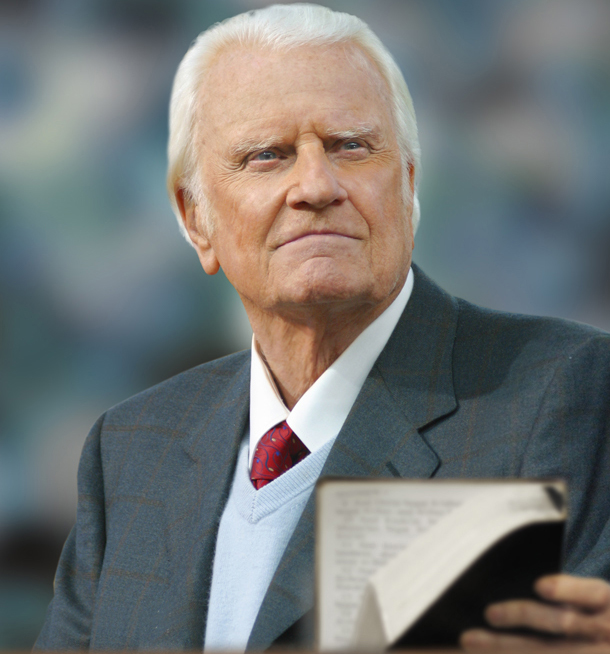
KINUSKUSAN, Philippines (BP)–Genius is often achieved by the patient, persistent pursuit of a simple idea. That’s what Thomas Edison meant when he talked about 1 percent inspiration and 99 percent perspiration.
Southern Baptist Foreign Mission Board missionary Harold Watson is no genius (in his own estimation, at least). He’s not the most patient guy in the world, either. He says he’s just a Mississippi farm boy who felt the call to share Jesus overseas before he knew what an agricultural missionary was. Almost everyone who knows him well calls him a visionary, but that makes him uncomfortable. “Maybe a little vision,” he allows. “I’m just curious.”
Perhaps. But it’s a curiosity that keeps him up at night searching agricultural publications for new ideas, though he’s less than a year from retirement. It keeps him walking through fields with farmers — bending to knead soil in his fingers, making suggestions for better production.
It also keeps him on the road or in the air most of the time these latter days of his missionary career. He hurries to meet government officials, development workers or anyone else who will listen to the ideas behind SALT (Sloping Agricultural Land Technology), the simple but effective method he developed to help hungry upland farmers grow more food and stop soil erosion.
Plenty of people are listening now, because SALT works. It works because salt-of-the-earth people — illiterate farmers, for instance — can understand and apply it. It works because it is simple, unlike many of the big development projects carried out over the years by governments and relief agencies. Watson and his team started teaching “appropriate technology” among the poor long before it became fashionable.
“Sometimes the Lord gives a brilliantly simple idea,” observes missionary Linda Pegram, one of the Rural Life Center team members. “But sometimes you have to work years to get simple.” Like Edison’s countless failures on the way to the light bulb, or Jonas Salk’s search for the polio vaccine.
One day the answer comes; the light switches on. It seems almost self-evident at that moment. But some “self” has to make it evident to the rest of us. Such is the gift of people like Harold Watson.
These are productive days for the ministry of the Mindanao Baptist Rural Life Center, which Watson founded in 1971. What kept the staff going during the hard years? Faith. A lot of prayer. And Watson’s gift for seeing over the next hill.
“Mr. Watson kept telling me about this dream to help the farmers, the grass-roots people,” remembers Rod Calixtro, the Watsons’ first full-time colleague at the center. “That man is a dreamer.”
He’s also persistent, stubborn if necessary, in pursuit of a goal. “When he shouts, I’ll shout. When he bangs the table, I’ll bang the table,” says a Filipino colleague.
But the creative clash of ideas usually results in a better one. Watson’s stubbornness doesn’t equal inflexibility. The destination counts; he’s quite willing to change directions to get there.
Sam Stallings, administrator of Southern Baptist mission work on Mindanao, calls Watson “one of the best missionary thinkers we have. He stimulates others to think of creative ways of doing things, to dream dreams. He’s always been ahead of his time. That will have a lasting impact on our work.”
One measure of that impact: About 70 percent of the 1,200-plus Baptist churches on the island are led by graduates of Rural Life Center training programs.
Despite his busy schedule traveling around Asia, Watson still oversees several local “impact areas” on Mindanao where SALT is being applied. “You don’t want to lose touch with the people,” he cautions.
Whenever possible, he climbs behind the wheel of his four-wheel-drive, puts some country gospel music on the tape player and heads down the road. Drive with him through large areas, and you’re likely to see a SALT project around almost any curve.
But countless Asian hills and their hungry residents remain unreached by SALT — or by the gospel. That bothers Watson.
The lives of half a billion poor people could be revolutionized if SALT technologies could be applied throughout the world’s tropical uplands, Watson estimates. Suffering, forgotten people. Lost people who need to know Jesus. As his retirement at the end of 1997 approaches, “I see so many things I wanted to do that aren’t done.”
But the ideas he has pioneered will go on. SALT gives millions of farm families the simple tools they need to survive — and rescue their land from death by erosion. It also enables missionaries and Baptists to introduce those families to the simplest and most powerful idea of all: “For God so loved the world that he gave his only begotten Son … .”
A child can grasp it.
–30–














